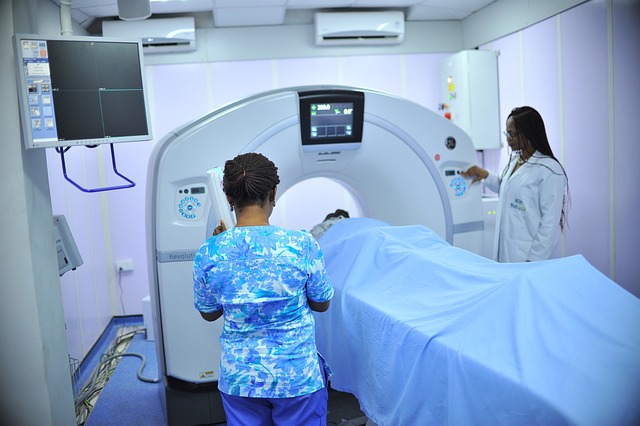
Pediatric Evaluation of Disability Inventory Computer Adaptive Test
Introduction
The Pediatric Evaluation of Disability Inventory (PEDI) is a widely recognized tool designed to assess the functional capabilities and performance of children with disabilities. The advent of the Computer Adaptive Test (PEDI-CAT) has revolutionized the way these assessments are conducted, allowing for a more tailored and efficient evaluation process. This article aims to provide an in-depth understanding of the PEDI-CAT, its structure, and its significance in pediatric assessments.
Overview of the Pediatric Evaluation of Disability Inventory
The PEDI was originally developed to evaluate the functional abilities of children aged six months to seven years. It encompasses three primary domains: Daily Activities, Mobility, and Social/Cognitive skills. The tool is designed to capture a child's performance in various settings, providing valuable insights into their capabilities and challenges.
The Transition to Computer Adaptive Testing
Computer Adaptive Testing (CAT) represents a significant advancement in the assessment landscape. The PEDI-CAT utilizes a computerized format that adapts to the child's responses, allowing for a more personalized assessment experience. This method not only enhances the efficiency of the evaluation but also improves the accuracy of the results.
Content Domains of PEDI-CAT
The PEDI-CAT is structured around four key content domains:
- Daily Activities: This domain assesses a child's ability to perform essential daily tasks, such as self-care and routine activities.
- Mobility: This area evaluates the child's physical movement capabilities, including walking, running, and navigating different environments.
- Social/Cognitive: This domain focuses on the child's social interactions and cognitive skills, measuring their ability to communicate and engage with others.
- Responsibility: This newly added domain assesses the child's ability to take responsibility for their own actions and tasks, reflecting their growing independence.
Benefits of the PEDI-CAT
The transition to a computerized format offers several advantages:
- Efficiency: The adaptive nature of the test means that children are only presented with items that are relevant to their abilities, reducing the time spent on assessments.
- Precision: By using post-hoc simulations based on normative and disability calibration samples, the PEDI-CAT provides accurate and precise measurements of a child's functional abilities.
- Accessibility: The computerized format allows for easier administration in various settings, including clinics, schools, and home environments.
- Real-time feedback: Clinicians can receive immediate results, facilitating timely interventions and support for children and their families.
Implementation and Use
To effectively implement the PEDI-CAT, practitioners must be trained in its administration and interpretation. The test can be administered via a computer or tablet, making it user-friendly for both clinicians and families. The results can guide individualized treatment plans, ensuring that children receive the support they need to thrive.
Research and Validation
Numerous studies have validated the effectiveness of the PEDI-CAT in various populations. Research has shown that the computerized adaptive version maintains the reliability and validity of the original PEDI while offering enhanced features that cater to the needs of modern clinical practice. For instance, studies have demonstrated that the PEDI-CAT can accurately assess mobility and self-care skills, providing critical data for intervention planning.
Conclusion
The Pediatric Evaluation of Disability Inventory Computer Adaptive Test represents a significant advancement in the assessment of children's functional abilities. By leveraging technology, the PEDI-CAT offers a more efficient, precise, and accessible means of evaluating children with disabilities. As the field of pediatric assessment continues to evolve, tools like the PEDI-CAT will play a crucial role in ensuring that children receive the support they need to achieve their fullest potential.

















 Azathioprine 50 Mg: Your Immunosuppressive Ally
Azathioprine 50 Mg: Your Immunosuppressive Ally 
 Health
Health  Fitness
Fitness  Lifestyle
Lifestyle  Tech
Tech  Travel
Travel  Food
Food  Education
Education  Parenting
Parenting  Career & Work
Career & Work  Hobbies
Hobbies  Wellness
Wellness  Beauty
Beauty  Cars
Cars  Art
Art  Science
Science  Culture
Culture  Books
Books  Music
Music  Movies
Movies  Gaming
Gaming  Sports
Sports  Nature
Nature  Home & Garden
Home & Garden  Business & Finance
Business & Finance  Relationships
Relationships  Pets
Pets  Shopping
Shopping  Mindset & Inspiration
Mindset & Inspiration  Environment
Environment  Gadgets
Gadgets  Politics
Politics 